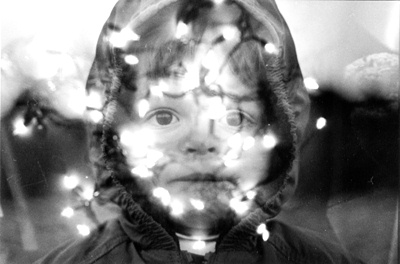All Nonfiction
- Bullying
- Books
- Academic
- Author Interviews
- Celebrity interviews
- College Articles
- College Essays
- Educator of the Year
- Heroes
- Interviews
- Memoir
- Personal Experience
- Sports
- Travel & Culture
All Opinions
- Bullying
- Current Events / Politics
- Discrimination
- Drugs / Alcohol / Smoking
- Entertainment / Celebrities
- Environment
- Love / Relationships
- Movies / Music / TV
- Pop Culture / Trends
- School / College
- Social Issues / Civics
- Spirituality / Religion
- Sports / Hobbies
All Hot Topics
- Bullying
- Community Service
- Environment
- Health
- Letters to the Editor
- Pride & Prejudice
- What Matters
- Back
Summer Guide
- Program Links
- Program Reviews
- Back
College Guide
- College Links
- College Reviews
- College Essays
- College Articles
- Back
Brown Couch
I promised myself, and continue to, that I will never buy a brown couch. In my mind, they are sopping wet from childhood tears, separation, and ultimately the location where late-night packing presided. They are the smell of Disney Nostalgia, where my parents broke the news they were to separate while waiting in line to meet my hero of the time, Aurora.
The brown suede was brushed by the abnormally lonely empty ring fingers, to the point of which streaks of slightly altered coloring appeared. Draped across the L-Shape lounger would be a white sheet and a pillow, the peace offering between mother and father that lasted merely a week. Soon, it would change to that of separate sheet packs, both brand-new from Bed Bath and Beyond, and each their own off-putting colors.
Deep within the cracks of the sofa you would probably find three things.
A singular Cheerio in representation of the childhood, or lack thereof, that would follow. It was a time in which I often felt lost and shriveled or out-of-the-box, like a love gone stale. I grew into the mold my parents needed me to be, and not what I would want to eventually become. The split of my parents isolated me from other Cheerio kids, ones whose parents stayed together and therefore stayed fresh and desirable. My brother was a HoneyNut Cheerio, the older sibling who always took care of others. Simultaneously, I was the bland-cereal child. I often felt like an obligation, rather than someone who was loved and constantly thought of as important.
Along with the Cheerio, you would find a collection of yarn strings. The yarn is thin, almost broken but not quite so. Tangled. Confusing in the way that my family intertwines, something I could never explain to others either. I never knew how to describe my family dynamics, but also felt required to in order to feel validated by those around me. In those terms, I also felt the need to hide some things from my friends, to provide for myself an alternative reality. Why does a six year old feel obligated to cover the fact that her family is imperfect and scary? Maybe because she never knew how to ask for help, maybe because she thought nobody else would understand.
The third and final item found deep within the cracks of that suede couch is my first picture. With a simple and sleek striped hospital beanie on a prematurely arrived infant, I came into the world. What I did not know was what the world had in store for me, what situations would bring me strife or comfort. The guilt that I would blame on myself, constantly questioning if I was the cause. My parents were still in the honeymoon stage of their relationship, the scientific first three years which decide whether or not that couple will continue. Whether or not their kids will be changed forever, whether or not their Thanksgiving and Christmas house will be rotated year after year. The picture itself is crumpled, faded, folded, a look of a child left behind in the dust of divorce before she even knew it.
The brown couch, along with those three objects, are an accurate representation of how the divorce affected me, along with how I think it affects many of us divorce-raised kids. Brown couches are what taught me to mistrust love, but also what taught me who not to be- or rather what not to buy if my future was represented as a living room.
Family dynamics are complicated things, love within a family is a complicated thing. This does not mean a child should be left to fend for themselves in the process of disassembling and unpacking the trauma that is a brown couch. They should not have to carry the weight of the guilt projected onto them, so overpowering it makes their bones brittle and their hearts hurt. They should not have to memorize the elevator pitch they once heard while it was first bought, the way in which they feel obligated to portray their family as more comfortable than it is.
Divorce is often inevitable, but the childhood trauma that is brought along with it does not have to be. Recovering from this can be difficult, and is something I will continue to struggle with for the majority of my life. If society stopped viewing the perfect family as an achievable or realistic idea, our children would be more likely to thrive regardless of their parent’s marital status.

Similar Articles
JOIN THE DISCUSSION
This article has 0 comments.

Hello! My name is Ginger and I am a current sophomore from Austin,Texas. I enjoy writing about things others can relate to, in order to bring people together.